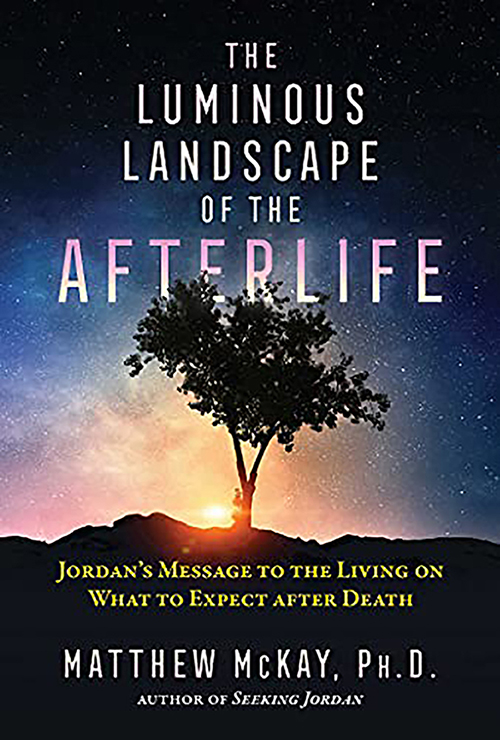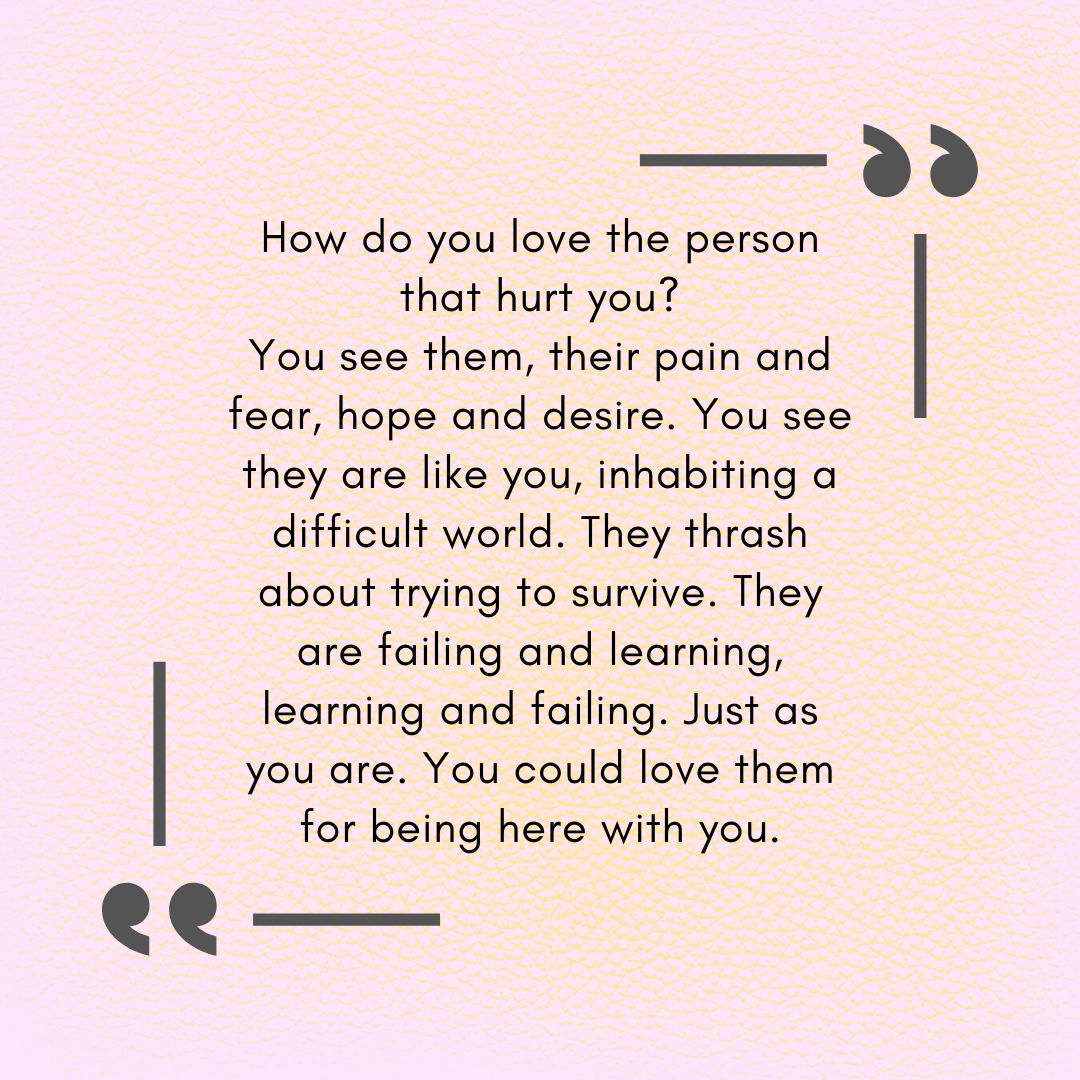
In this age of seemingly perpetual existential crises, I’ve found that death anxiety is coming more and more into my counselling room. What though can be said to soothe fear of life’s one true certainty and the ultimate unknown?
For many the only way out of this existential anxiety is through faith - the forming of a belief system that offers answers to the questions: What happens after death? What is the purpose of life?
When clients are open to this angle of the human experience, I will often recommend this book as a starting point from which they can feel out and build their own belief system. It is an insightful and gentle entry into the spiritual realm that focuses on what happens to us, and where our souls go, when we die.
The book outlines the author, Matthew Mckay’s, journey of grief and discovery following the tragic murder of his son Jordan. He becomes determined to communicate with Jordan on the other side and this ultimately leads him to experiment with a blend of EMDR techniques, meditation and thought form through which he is able to access the spirit realm.
On making contact, Jordan shares in detail the process of transitioning from life to death, alongside fascinating insights into the afterlife. According to McKay, when we die, we return to what is termed “source consciousness”.
Preparing for death is likened to preparing to go on a holiday, where instead of packing, we are unpacking. Unpacking all the thought patterns and rigid beliefs that have defined us in life.
When we cross over, we are met by spirit guides who gently help us through the adaptation process. Death therefore is not the end and is not to be feared.
The meaning of life, we are told, is to learn to love and our guides and soul family will help us along the way.

The broader perspective offered by McKay can help us to pull out of our day to day worries and ego dramas to achieve more peace through greater compassion and groundedness. Thoughts we are told, are just thoughts and are not to be looked upon as truths. “Acknowledge whatever you are thinking as a thought.
“There is a thought” you can say to yourself. Accept the thought as something your mind needs to do and then let go of it
Similarly, we are counselled that we are not our emotions nor are we to blame for the emotions of others. Taking the personal out of our emotional experiences allows us to step out of the chaos to become the mindful observer of our feelings and interactions, which in turn promotes compassion for ourselves and the people around us.
There is a wealth of wisdom held within these pages that can be of benefit to anyone open to these ideas who is struggling with death, the existential givens, or simply taking themselves and life too seriously. As well as very grounding advice on how to manage anxiety, the book also contains meditations to calm the mind and prepare for our own deaths.
A truly fascinating read.
